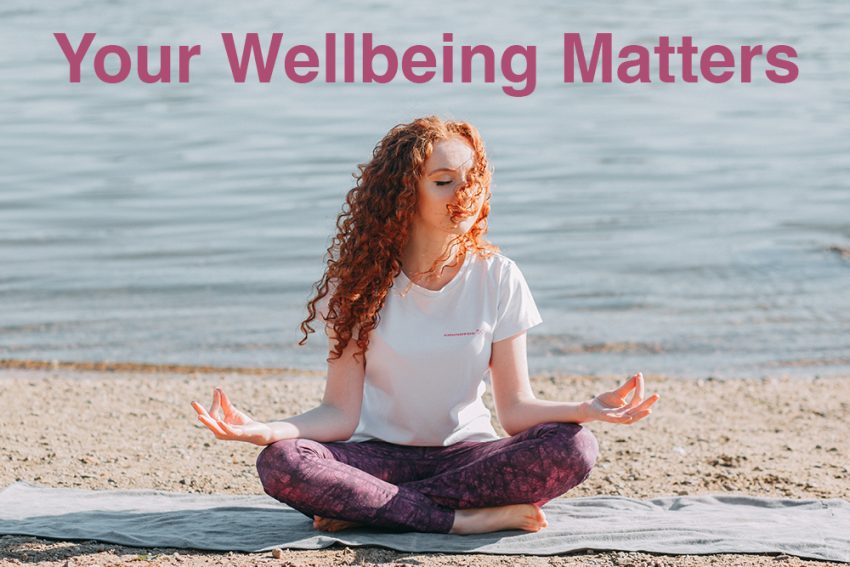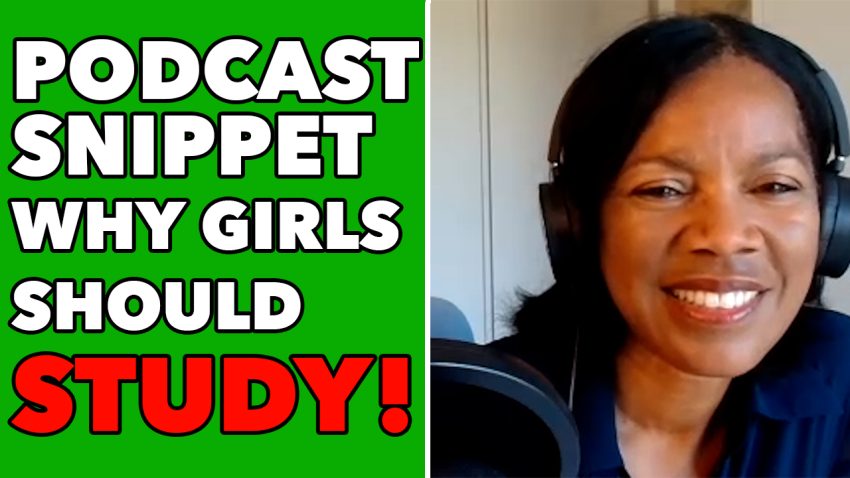Don’t Let It In
I love Cat Williams’ advice ‘Don’t Let It In’ in our latest podcast Your Wellbeing Matters. The UIO two-time guest, a seasoned rapid transformational therapist, is, of course, talking about the unhealthy words of a bully.
Shame I didn’t fully understand this as a teenage girl all those years ago but to be honest, I don’t remember any consistent episodes of being bullied. There were the people who picked me out to pick on me, sure, but I managed to shake them off rather quickly somehow.
I would be fully ensconced in business–well sort of, it was my first real job–before I experienced real bullying, which can be self-esteem eroding at the very least. And because I didn’t understand the important concept of not letting other people’s misconstrued perceptions get into my head, I fled as fast as I could.
This would mean a different career path for me. My hopes and dreams of becoming a seasoned journalist who would walk straight into a writing or publishing career took a rather crooked path and frankly never arrived at its originally intended destination.
To this end, I have come to understand that tremendous emotional and mental unrest comes with taking responsibility for someone else’s unhealthy behaviour or words, no matter how powerful that person is or seems. Don’t believe them.
In my case, the person held all power at the place where I worked so it wasn’t a bad idea to pack my bags and leave. My mistake was taking the unnecessary baggage with me.
No wonder I can’t get Cat’s advice out of my head. Of course, there will be missteps–that is part of personal growth. But lessons needn’t take years to grasp, thanks to varied resources such as UIO podcast. So, if you haven’t listened to Your Wellbeing Matters yet, now is the time to check it out.
And whether you or someone you know is experiencing bullying, or even stumbling into a place where you are the bully, share the podcast for more advice on how to cope with bullying and keep life moving in a forward-facing direction.
When all is said and done, remember the words that serve you and the rest, don’t let it in.









